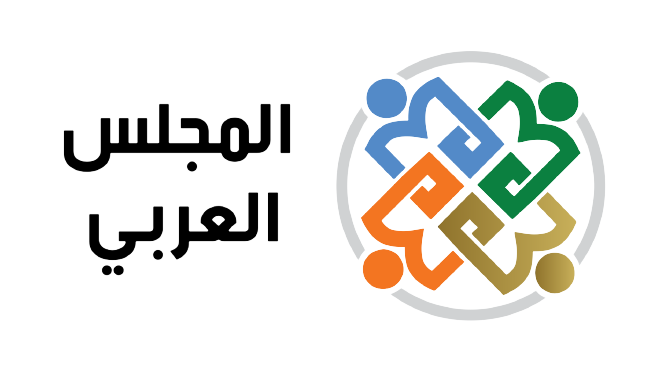The Arab Council is a foundation under Swiss law created in Geneva on February 28, 2022 in the continuity of the activities of the organization “Arab Council for the defense of the Arab spring” created in Tunis in 2014 and bringing together Arab personalities known for their defense of democracy and universal human rights values.
The creation of the “Arab Council” was announced on July 26, 2014, in Tunisia in a press conference attended by Ms. Tawakol Karman, the Yemeni journalist, and the Nobel Peace Prize Laureate, Dr. Ayman Nour, president of the Egyptian “Ghad Al-Thawra” party, and Engineer Imad Daimi, the Secretary-General of the Tunisian “Congress for the Republic” party. The founders chose Dr. Mohamed Moncef Marzouki, President of the Republic of Tunisia at that time, as the head of the Council.
This initiative emerged in response to a genuine need in the Arab sphere to build an alliance of democratic forces that believe in perpetuating the values of the Arab Spring and in the need to confront the project of an alliance of tyranny and corruption that has succeeded in recent years in disrupting the paths of peaceful democratic revolutions.
The establishment of the Council came to defend the values of the Arab revolutions, defending the right of free choice of the peoples, consolidating the culture of democracy, supporting freedoms, human rights, and just causes in the Arab region, and exchanging experiences and expertise in managing transitional periods. It also aims to revive the joint Arab action by building networks and presenting initiatives aimed at directing the Arab nation’s attention to the major economic, social, environmental, and cultural challenges that the old Arab regime failed to solve, and by working to prepare the intellectual, political and structural ground for the alternative joint Arab project.
During the first years of its establishment, the Council organized in its headquarters in Istanbul, several workshops and seminars, mainly in the context of supporting the transitional periods in the region with research and studies and the exchange of experiences and expertise, especially in the field of joint work between the various components of the national spectrum, the formulation of national codes, and the management of transitional periods.
The Council also expressed its positions towards the events in the region through statements, and frequent meetings with various international political figures in defense of the just issues of the peoples of the region and their right to freedom, dignity, democracy, and sovereignty.
In the summer of 2018, the members of the Council decided to change the name to “the Arab Council” to expand the scope of the Council’s activity and interest to include all countries of the Arab region, not only the countries of the “Arab Spring”, in addition to Arab communities and competencies at diaspora, so that the Council can play an active role in building strategies and mechanisms for joint Arab action in light of the failure of the Arab League and its affiliated bureaucratic institutions to achieve the traditional unitary goals.
In recent years, the Council has held several major events and conferences to evaluate the Arab Spring and draw lessons from the experiences that took place in several countries, and unleash a common process among the Arab elites about redefining the collective identity of the people of the region and the conditions for building a “nation of citizens” on the ruins of the “nation of the subjects”. In December 2021, the Council organized the “Democracy First in the Arab World” conference, parallel to the “Biden Summit on Democracy”, with the participation of prominent Arab democratic entities and personalities.
On February 28, 2022, a foundation was established in Geneva under Swiss law under the name of the Arab Council Foundation, headed by Dr. Mohamed Moncef Marzouki, and the membership of the two vice presidents, Ms. Tawakol Karman, and Dr. Ayman Nour and a secretary, Mr. Moncef Amari.

